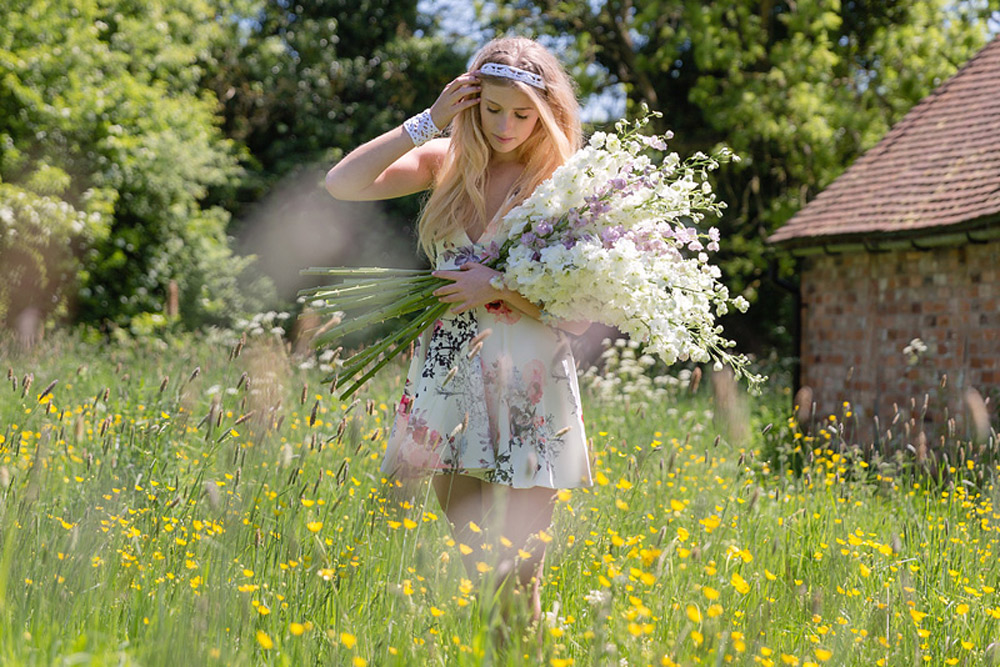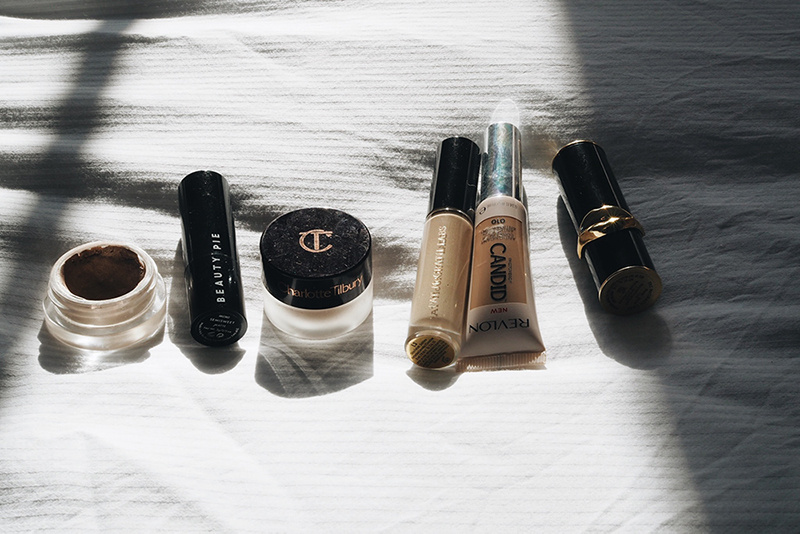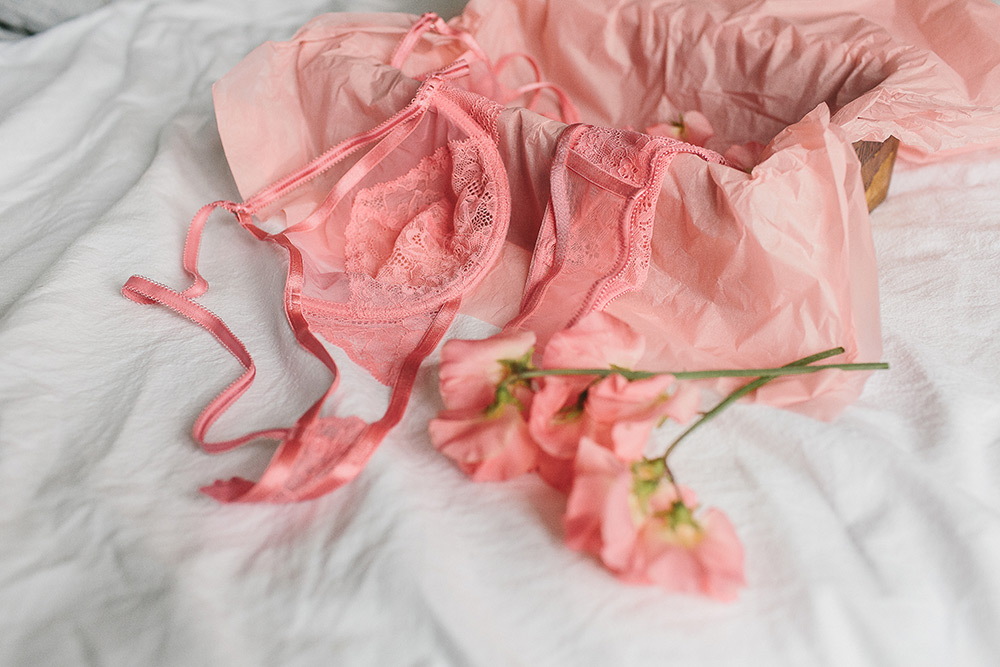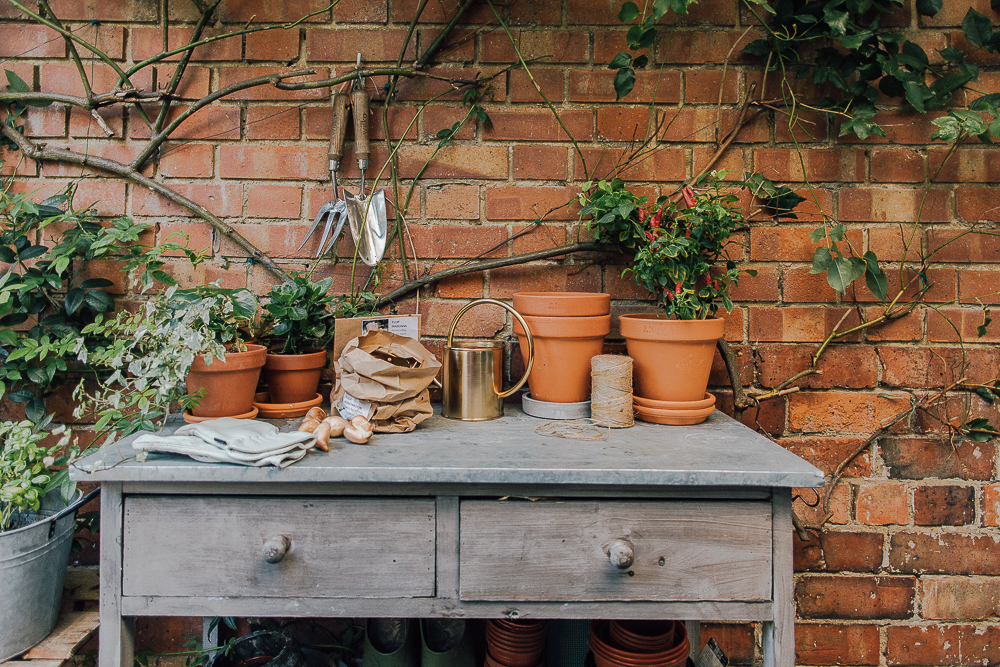With the clocks finally changing last weekend, Spring has most definitely sprung. But for many, the longer days and balmy evenings signal the return of itchy watery eyes, inflammation and sneezing.
Hay Fever (or Allergic Rhinitis to call it by its Sunday name) apparently affects around 1 in 5 of us in the UK. It is a common allergic condition to airborne pollen (from trees, grasses, flowering weeds etc). If you’re a sufferer then your immune system views pollen as a threat and tries to rid your body of the mistaken attacker, hence the puffy, streaming eyes and the constant sneezing.
Rather than go down the antihistamine, and steroid nasal spray route we wanted to feature a few ideas to help you get natural relief from seasonal allergies.
[ezcol_2third id=”” class=”” style=“”]
Food
There are many articles out there on foods to avoid and ones to introduce into your diet to help reduce the symptoms of Hay Fever. Rather than make any unsubstantiated claims I just wanted to list a few of the recurring foods that have come up whilst I’ve been doing my research.
Drink
Sinus Rinse
I suffer from a pesky condition called Chronic Rhinosinusitis (try saying that when you’ve had a few drinks) which causes lots of issues with my nose and throat all year round. Without wanting to sound dramatic I would say that finding a Sinus Rinse actually changed my life.
Essentially this process involves using a bottle and saline solution to flush out your sinuses of all the toxins and clear your nasal passages. I’ll be honest, it isn’t pretty and is far from an enjoyable process. However it could be just the ticket for providing temporary relief and ridding pollen from your nose.
Housekeeping
[/ezcol_2third]
[ezcol_1third_end id=”” class=”” style=””]
Honey
It has been widely reported that local honey can help with your seasonal allergies. Chewing honeycomb (no, not a Crunchie) has also been effective for some too.
The theory being that it acted like a vaccine; exposing you to a small dose of the pollen that you ordinarily would create an allergic response. Small doses of honey would then build up immunity.
Experts have quashed this notion; Bees usually bring back the large amounts of pollen from flowers to the hive, and only small amounts of airborne pollen from trees, grasses and weeds (the pollen you are more likely to be allergic to).
However someone I used to work with completely swore by this technique. Even if it was a placebo effect, it gave him relief. I’d be interested to know if anyone else has had a similar experience?
Image source: Touch Photography
[/ezcol_1third_end]
Vaseline
Is there anything that Vaseline can’t be used for? A friend of mine coats a layer of petroleum jelly up and around her nose to trap the pollen. Apparently this works a treat.
It’s always best to have a chat with your Doctor or Pharmacist about what treatment is right for you. They can also help you identify which form of pollen you are allergic to (grass, weed, mould etc) as this will have an impact on foods to avoid.
How do you deal with hay fever and allergies? Do you stick to over the counter medicines or try some more natural remedies? Here’s hoping that by using some of these remedies we’ll all be frolicking in summer meadows this year….












I take antihistamines all year around as I’m allergic to dustmites as well as all pollens (lucky me!). Rather than upping my dose of antihistamines in the spring/summer I try other methods including some of the ones above (and I’ll be trying the rest this hayfever season). There are a few things I would add though including:
* wearing sunglasses – the biggest wraparounds you can find to reduce the pollen headed for your eyes even when it’s not particularly sunny outside,
*showering and changing my clothes to remove any pollen that may have collected on me during the day,
*using my allergy reliever from Lloyds Pharmacy (http://www.lloydspharmacy.com/en/allergy-reliever-15677) which I believe is based on red light therapy – you may look like an alien when you use it but it’s definitely worth persisting with.
Thanks Sarah, I’ve just checked out the allergy reliever from Lloyds and read the reviews – loads of people love it! It sounds like it’s really worth trying. Thanks for sharing.
I used to get really bad hayfever but touch wood I haven’t had it that bad in recent years. One top tip is to try and eat local honey as apparently it helps you get used to the pollens. If you go to a local farm shop they will normally have it and then just either eat a spoon or 2 a day or use it on toast or I even stir it in to my morning cup of tea. I also used to have some homeopathic tablets (just from boots) which worked a treat. Really hoping I haven’t tempted fate with this! x
Oops, for some reason I only just saw your box on honey (strange view on phone) so am obviously eating honey for no reason! X
if it works for you Charlotte then carry on! You’re not alone! x
Over the time I have had hay fever (jeez, thats 40 years now) I picked up a number of tips that work for me. I say, what works for you works for you… It’s always good when you find something that helps you through the itchy eyes, runny nose, sneezing and all that fun.
Thanks for sharing with us